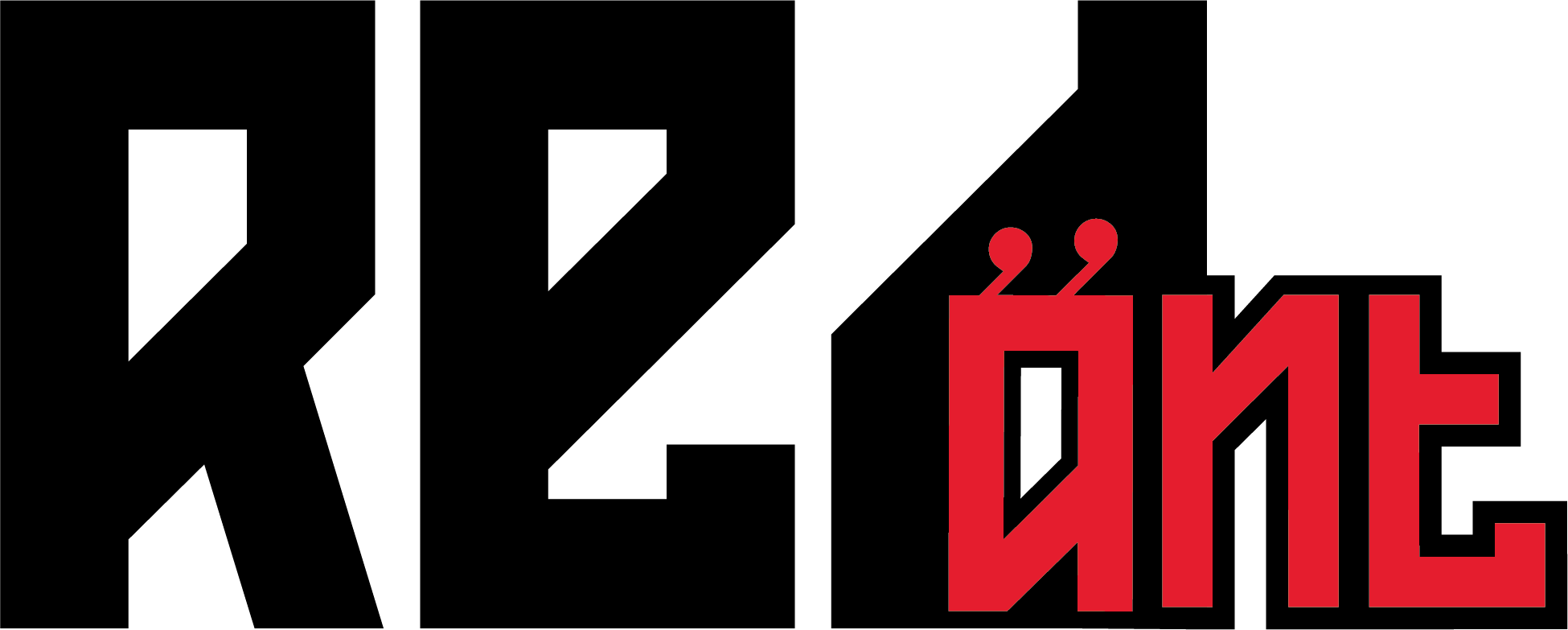
By Barry Healy
Sean Healy, a life-long, and as a younger person a revolutionary, humanitarian died in Melbourne on Sunday, November 26. He was a significant theorist within the humanitarian aid worker sector and a front-line leader in delivering medical aid in some of the world’s most dangerous conflict zones.
His death came after a short illness.
Sean was born in Singapore, the son of the Irish consul there and moved to Australia with his family as a child. He first demonstrated his commitment to human progress as a teenager when he joined the Socialist Workers Party and its youth group Resistance.
A socialist comrade of Sean’s in this period, Rjurik Davidson told Red Ant that he first met Sean in 1988, selling the Party newspaper, Direct Action. “He was clearly a prodigy then,” he said. “He was intelligent and totally committed. But more than that he was sensitive and compassionate as he thought through political questions. He was a great leader because he freely exercised his humour.”
Those qualities made Sean a leader of Resistance and later a National Executive member of the Democratic Socialist Party (which the SWP became after the collapse of the Soviet Union). He led Resistance and Party branches in Brisbane, Perth and Melbourne and ultimately became Resistance National Coordinator.
Sean left the DSP after political disagreements in the early 2000s and took his attributes into Médecins Sans Frontières / Doctors Without Borders, which he served for over 20 years. He rose to prominence, serving in many postings before becoming the head of MSF’s Reflection and Analysis section.
He utilised the organisational and leadership skills he had honed in his period as a socialist activist as MSF Head of Mission in various places, including Burundi, Lao and Pakistan.
For many years, as MSF Access Advisor, Sean managed the sensitive discussions to gain MSF entry to countries where the government was hostile. This required political intelligence, negotiation skills and strength of character. Countries where he led this work included Syria, Somalia and Myanmar.
From 2018 Sean drove MSF’s research arm. He reached out to a wide variety of thinkers to examine what the MSF notion of impartiality means in the fast-changing world. His research work was regarded as pacesetting for the entire humanitarian aid sector.
One example of this, in which he weighed up the ethical challenges of MSF’s philosophy was his 2021 article, Neutrality: principle or tool? It is easy to see in it the fire of Sean’s early socialism shining through.
“The price humanitarian agencies usually pay to access people in need is…neutrality,” he wrote. “They must agree not to confront, challenge or oppose the state.”
However, he pointed to a higher principle, that humanitarians must be prepared to take risks, and take sides.
“No humanitarian can be neutral in the face of crimes against humanity – mass killings, persecutions, famines, chemical weapons attacks, bombings of hospitals and schools. But further, no humanitarian should be neutral about humans dying on a border, or from lack of medicines that exist in abundance, or from unsafe abortion. No one should ever accept these things.”
So, neutrality is “a tool, valuable and useful in many circumstances, but useless in others.”
The measure of the correct place for neutrality is if aid workers’ detachment would add to people’s suffering, “to do more harm than good, then we should not be neutral.”
In fact, “humanitarians are right to feel solidarity with non-violent people’s movements against oppression, to feel hopeful at the courage of people resisting oppression, and to feel anger when they suffer repression.”
He concluded that “there is no contest for our sympathies between oppressed and oppressor.”
As he died, Sean was surrounded by friends and family, and a wide circle of humanitarian aid workers and his ex-comrades mourn his passing.
Other examples of Sean Healy’s humanitarian theoretical writings:
